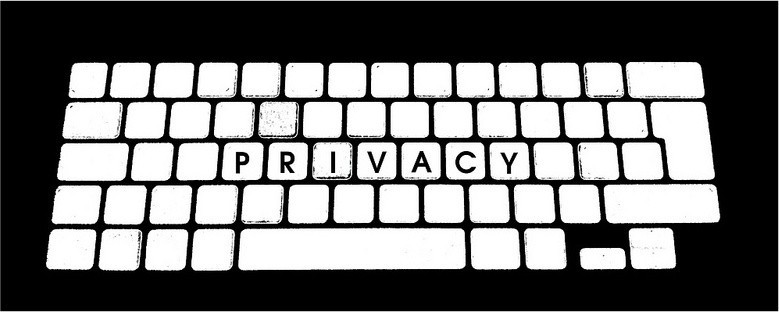
Net Neutrality and Privacy
This week’s Net Neutrality-killing court decision has dark ramifications for the future of the Internet. As we’ve discussed here, here and elsewhere, the absence of Net Neutrality protections means that companies like AT&T, Time Warner Cable and Verizon are now legally allowed to block or degrade any website, application or online service they want. That’s an incredible blow to our freedom to access and distribute information and speak freely online.
But one thing is missing from the conversation: privacy. We usually talk about Net Neutrality in terms of our rights to read, watch and do what we want online without any company or government interfering. But embedded within those rights is the right to do it all in private. And this ruling demolishes that, too.
The fact is, ISPs have something that companies like Google and Facebook (and even agencies like the NSA) don’t: direct control over your connections to the Internet and the devices you use to connect to it. Messing with Net Neutrality requires ISPs to monitor our online behavior — how else can they know what applications to block, or which videos to slow down? — and companies like Verizon are more than happy to sell our sensitive information to the highest bidder.
If this decision stands, it won’t be long before your ISP requires you to connect via their list of approved devices and then uses those devices to literally watch you, either to make some extra cash on the side or to shunt your data off to friends at the NSA. And forget about encryption and other circumvention tools — your ISP could require your PGP key as condition of using its network, or simply restrict your ability to use any protocol it doesn’t like.
Sound far-fetched? The sad truth is, all of this (and much more) is all now possible — and legal — thanks to this week’s court decision. But we can fix this by telling the FCC to treat broadband connections as what they are — telecommunications services — and to pass stronger, better rules protecting our rights to connect and communicate online.
Original illustration by Flickr user g4114is